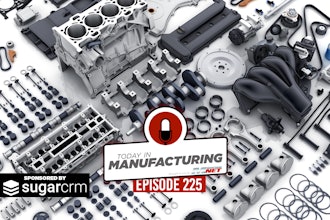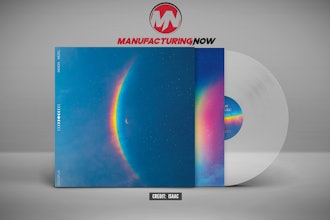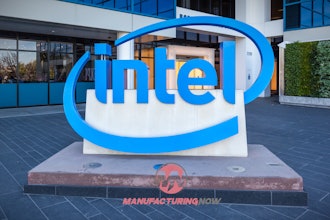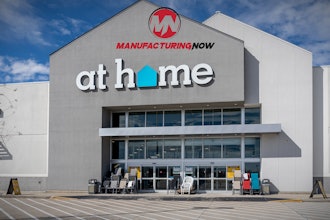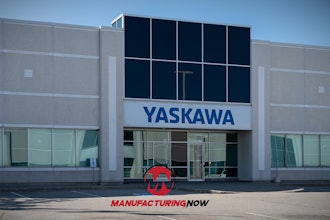General Motors is trying to get to the root of its battery fire issues in Chevrolet Bolts that have forced recalls, plant shutdowns and cost the company $1.8 billion.
According to Reuters, GM is working closely with its electric vehicle partner, LG Corp., to “clean up the manufacturing process” at LG battery plants.
GM linked the battery-related fires in the Bolt to plants in South Korea and Michigan. Since Nov. 2020, there have been three recalls that have included over 140,000 Bolts. GM has yet to execute a plan for a hardware fix.
The South Korean and Michigan plants are operated by LG Energy Solution, which is also working with sister company LG Electronics to present a final recall plan that will fix the battery problems. For now, that Michigan factory and its 1,000 workers recently had their shutdown extended to at least Sept. 24.
What GM has released, so far, is that the entire battery pack in early Bolt models will be replaced. More recent models will only see its defective modules within the pack replaced, but it could be after November until the necessary parts are available.
To complicate matters, the word from those close to the situation is that the relationship between GM and LG has seen better days. One Korean analyst described it as a “show marriage.”
GM isn’t the only company to have issues with LG batteries. Earlier this year, Hyundai recalled approximately 76,000 Kona Electric cars for fires linked to LG batteries.
GM expects LG to assist with the aforementioned $1.8 billion expense to replace battery packs, but that’s just a fraction of GM’s $35 billion campaign to launch a new generation of automated and electric vehicles. The vehicles would be powered by its proprietary Ultium battery technology.
The batteries GM wants to use in some electric models are scheduled to be made with LGES as part of a $4.6 billion investment program. Since the Ultium cells possess a different design, size and chemistry than the LG cells in the Bolt, GM might explore new partnerships for future plants.











